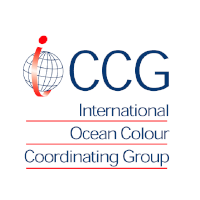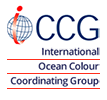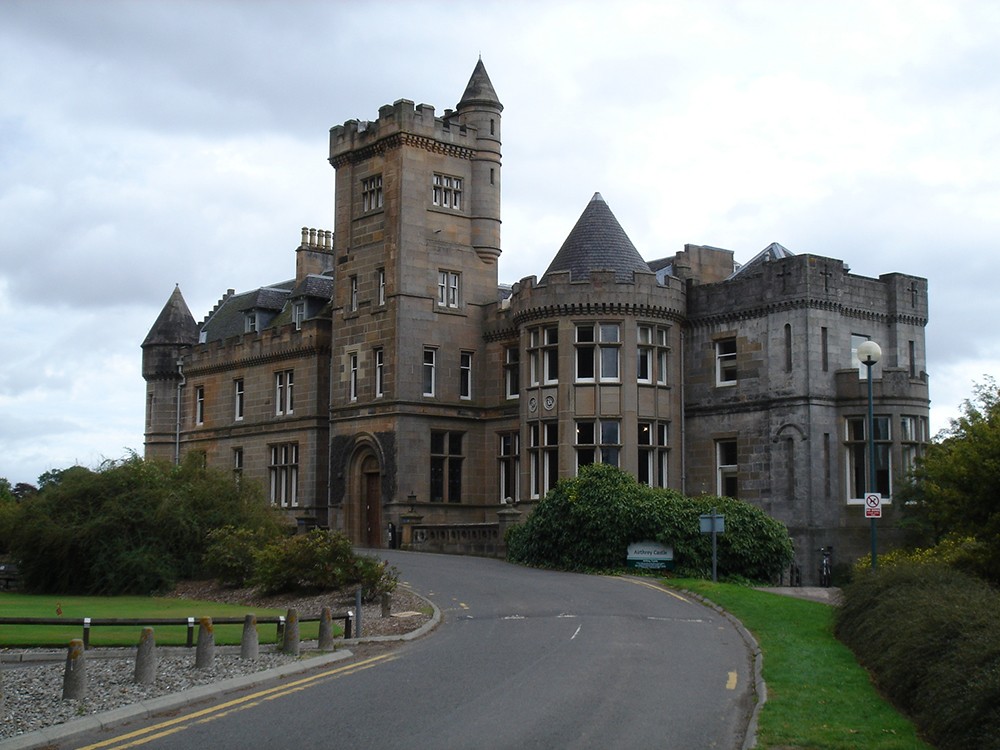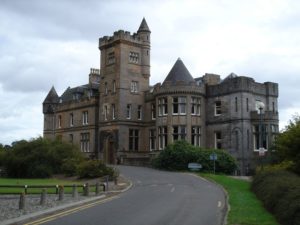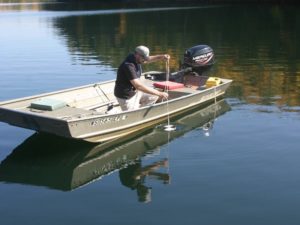The FLEX Organising Committee invites you to register for participation and to submit a paper to the 2019 International Network on Remote Sensing of Terrestrial and Aquatic Fluorescence Workshop: fluorescence2019.org
The Paper Submission deadline is 15 November 2018.
The main objectives of the Workshop are:
- Inform the community recent developments and the status of the FLEX mission.
- Review latest achievement in FLEX data processing, fluorescence and biophysical parameter retrievals, and information exploitation.
- Promote synergistic data analysis involving FLEX and Sentinel-3 mission data.
- Bring together remote sensing communities focusing on aquatic and terrestrial systems, including data providers, experts and users.
- Consolidate the link between fluorescence and carbon balance, carbon cycle studies, agriculture, forestry, food security and crop production
- Promote new application fields of fluorescence remote sensing including plant phenotyping, water cycle and aquatic research.
- Provide updates on recent modeling activities coupling remote sensing signals and ecosystem processes.
- Plan future activities in the field of vegetation and aquatic remote sensing by exploiting new observational capabilities provided by FLEX and Sentinel-3.
- Consolidation of results and contributions for ESA’s LPS 2019
FLEX 2019 will take place at the Davos Congress in Davos Switzerland, from the 5th to the 8th of March 2019.


